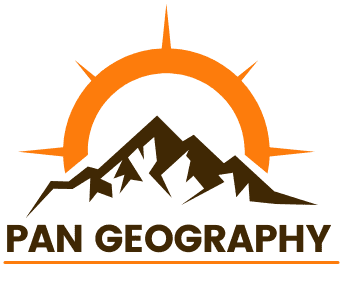What is Urban Morphology?
In a narrow sense, urban morphology refers to the study of physical arrangement or structure of town. In a wider sense, it may be defined as a study of relationships of urban landscape with its occupiers in terms of patterns and distribution of socio-economic and political activities. Hence, urban morphology is not only a study … Read more
